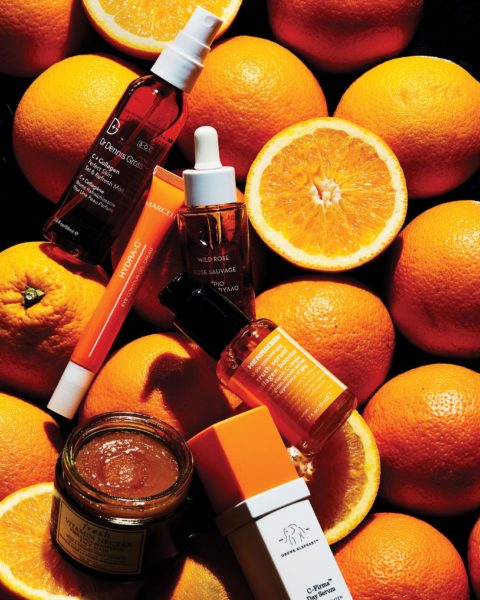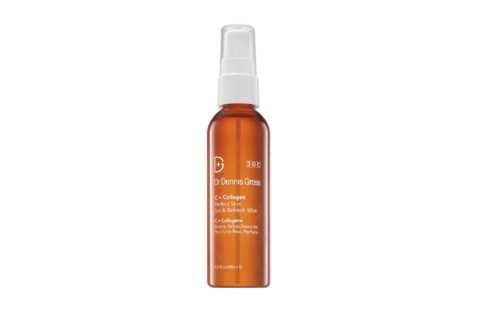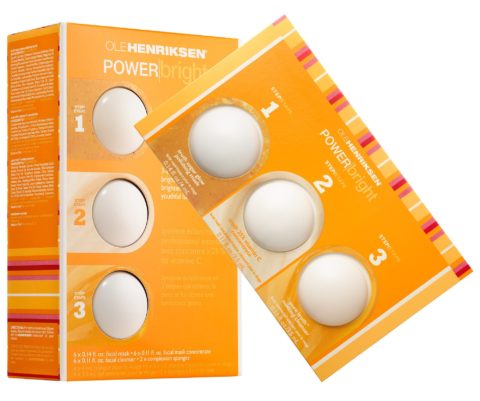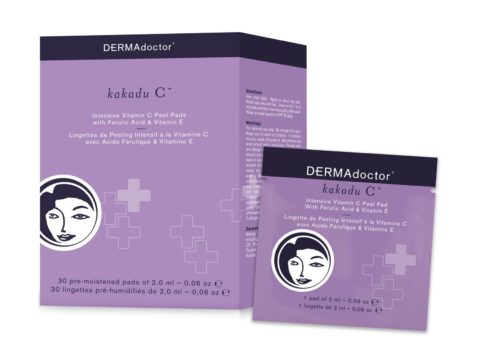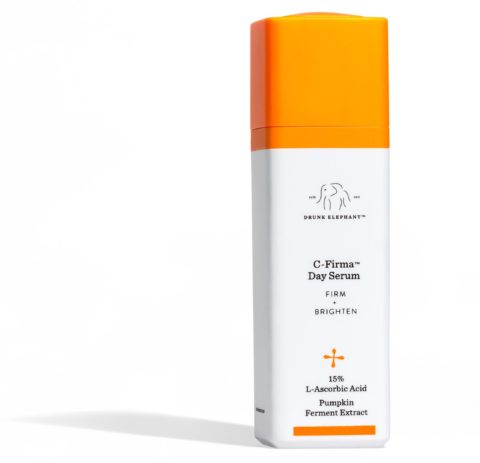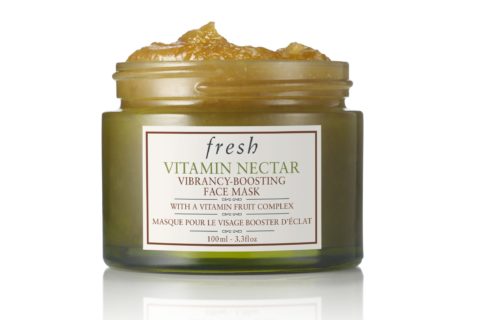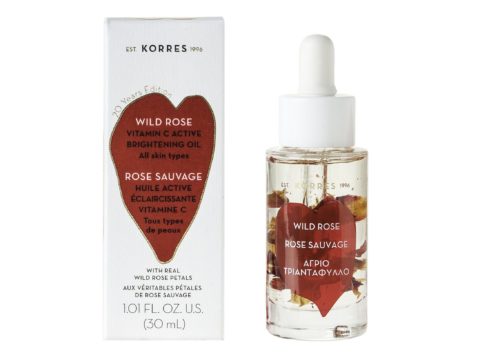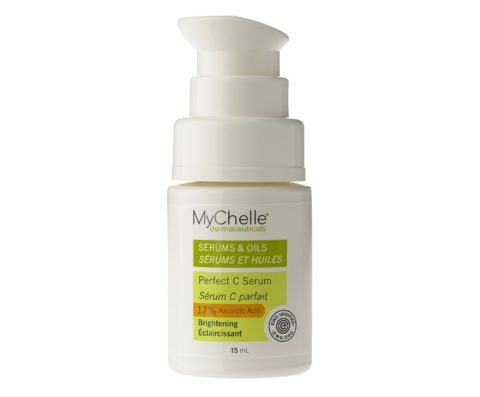Why You Need Vitamin C in Your Skincare
Most dermatologists consider retinol the go-to ingredient for defying your D.O.B. But not everyone is all rah-rah retinol. “If I were on a desert island, I would bring vitamin C,” says Dr. Dennis Gross, citing its ability to firm skin, lighten dark spots, brighten complexions and minimize the appearance of pores. “The anti-aging benefits of vitamin C exceed those of any other ingredient out there today,” he says, adding that a topical dose does far more for the skin than supplements or a fresh-pressed juice.
Vitamin C isn’t new to skincare, but advancements in packaging—such as airless pumps and light-blocking containers (the nutrient is highly unstable, so oxygen and light are its enemies)—as well as new delivery systems designed to drive it deeper into skin have helped spark a resurgence of C-infused serums, masks and moisturizers. Gross created a range around the vitamin and is kicking it off with a facial mist. (The rest launches in January 2017). He became a super-fan over a decade ago when he read a Swiss study that showed vitamin C could do more than just fight free-radical damage. “We always knew it was an antioxidant,” he says. “We didn’t know that it was also a collagen builder.”
An even earlier adopter than Gross, facialist Ole Henriksen has been preaching its benefits since he opened his Beverly Hills spa in 1975. Henriksen believed in vitamin C’s nutritional benefits, but it was Linus Pauling, a Nobel Prize-winning chemist known for his research on vitamin C, who opened up Henriksen’s eyes to its broader possibilities and inspired him to create the first vitamin C facial serum in 1998. Eighteen years later, the serum remains a bestseller and has become a gold standard in its own right for anyone seeking what Henriksen has coined the “Ole Glow.”

